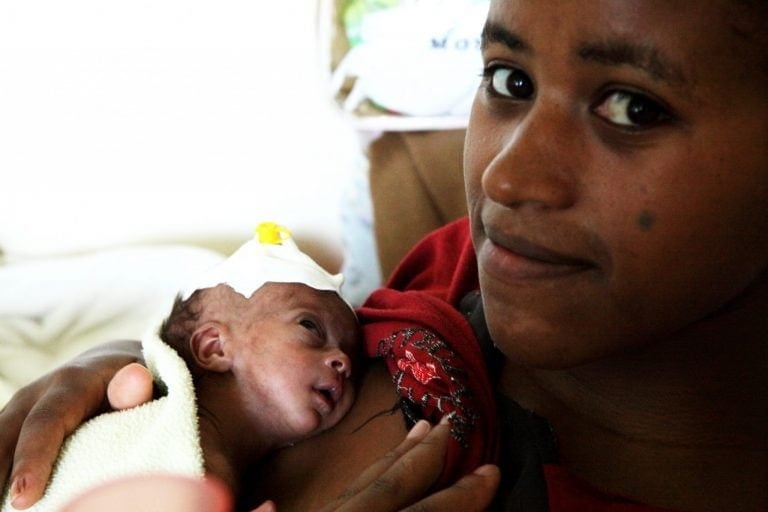Maternal Health Task Force
The Maternal Health Task Force strives to create a strong, well-informed and collaborative community of individuals focused on ending preventable maternal mortality and morbidity worldwide.
677 Huntington Avenue
Boston, MA 02115
Blog
-
Research Gaps in Perinatal Mental Health: U.S. Racial & Ethnic Disparities and Neglected Global Populations
Given that perinatal mental disorders are one of the most common complications of childbirth and affect such a large proportion of women in the U.S. and around the world, additional research efforts are warranted. Evidence suggests that certain women, both in the U.S. and globally, are at a disproportionately high risk of suffering from perinatal mental disorders, but the current body of research is insufficient for accurately identifying the most vulnerable women. Sound measurement and research is a necessary first step for identifying high-risk populations and designing evidence-based interventions to address inequalities in perinatal mental health…read more
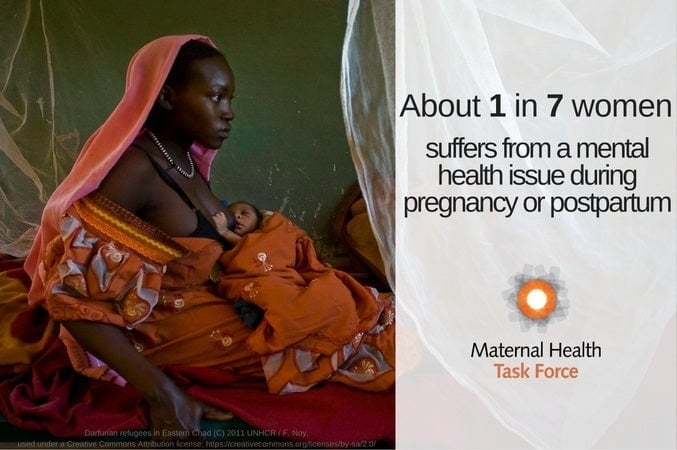
-
Global Leaders in Maternal and Newborn Health: Dr. Hemant Shah (India)
Safe Mothers and Newborns Leadership Workshop participant Dr. Hemant Shah is Chief of Party, Technical Support Unit for CARE. He previously worked as the Director of the State reproductive, maternal, newborn, child, adolescent unit in Bihar as well as a maternal health expert in the Integrated Family Health Initiative project. Dr. Shah discusses challenges in maternal newborn health in Bihar as well as how quality leadership can help us achieve the Sustainable Development Goals…read more
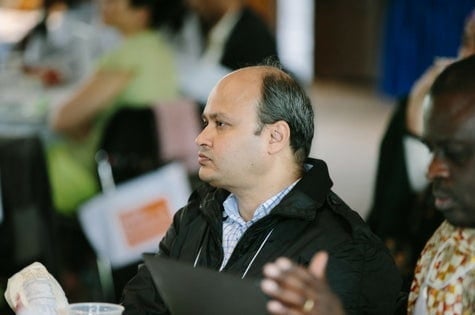
-
15 New Jobs in Maternal Newborn Health
Interested in a position in maternal newborn health? Every month, the Maternal Health Task Force rounds up job and internship postings from around the globe…read more
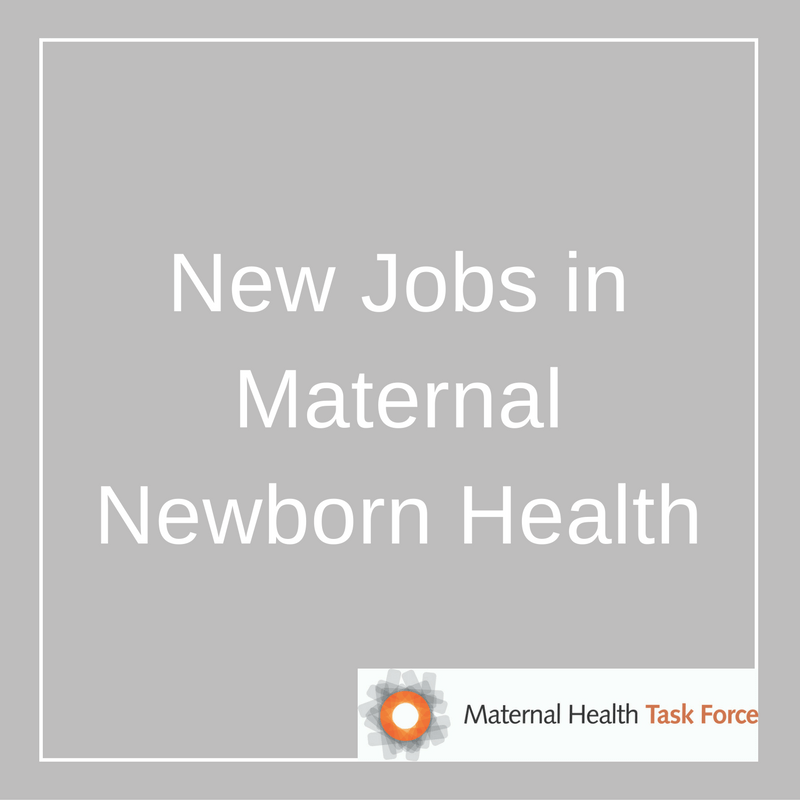
-
Strategies Toward Ending Preventable Maternal Mortality (EPMM) Under the Sustainable Development Goals Agenda
Between 1990 and 2015, the global maternal mortality ratio (MMR) decreased by 44% under the Millennium Development Goals (MDGs), from 385 to 216 maternal deaths per 100,000 live births. Despite this progress, we fell short of the MDG target of reducing the global MMR by 70%, and perhaps more importantly, huge inequalities persist both within and among countries. For example, as an aggregate figure, sub-Saharan Africa has by far the highest MMR at 546 maternal deaths per 100,000 live births while the average MMR in developed regions is just 12 maternal deaths per 100,000 live births. The devastating consequences of maternal deaths extend not just to families but entire communities…read more
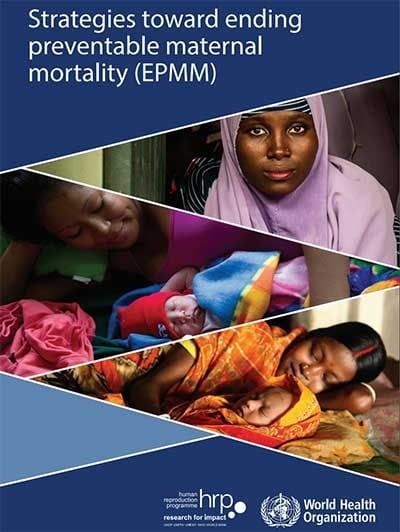
-
After Women Deliver, What’s Next for Women and Girls?
The once-every-three-years Women Deliver conference has become a major coalescing force for various global health and development efforts aimed at women and girls. “We operate at a global level, influencing the agenda” by focusing on the “four Cs”: convening, communicating, capacity-building and catalyzing, said Susan Papp, director of policy and advocacy for Women Deliver. Last month, Papp was joined by experts at the Wilson Center to discuss the takeaways for the health, rights and wellbeing of women and girls from this spring’s conference in Copenhagen, the largest yet…read more

-
A Call to Action to Address Iatrogenic Fistula: Webinar on 17 August!
Evidence is emerging that iatrogenic causes contribute significantly to the burden of genital fistula in low-income countries. Given the preventability and severity of fistula, data on iatrogenic fistula indicate the urgency of improving surgical training, supervision, and facility capacity, particularly amid increasing rates of cesarean section and gynecologic surgery in low-income countries. Join EngenderHealth for a webinar and discussion on iatrogenic fistula on Wednesday, August 17, 2016 at 9:30am Eastern Daylight Time…read more

-
The Current State of Pre-eclampsia/Eclampsia Prevention and Treatment
In Kenya and Nigeria, hypertensive disorders such as pre-eclampsia/eclampsia are the leading cause of pregnancy-related deaths. In Bangladesh, Pakistan and Ethiopia, hypertensive disorders are among the top three causes. But despite the high fatality rate, deaths from pre-eclampsia/eclampsia are entirely preventable. Early detection, diagnosis and treatment are crucial for preventing mortality due to pre-eclampsia/eclampsia…read more
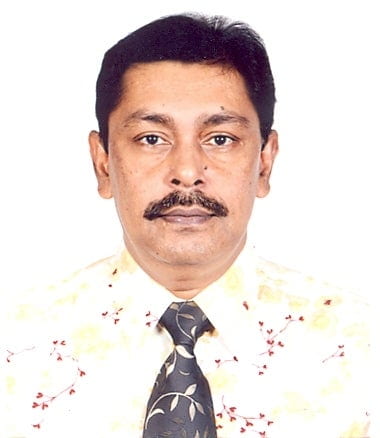
-
Global Leaders in Maternal and Newborn Health: Dr. Joannie Bewa (Benin)
Safe Mothers and Newborns Leadership Workshop participant Dr. Joannie Bewa is an obstetrician/gynecologist from Benin and Founder of the Young Beninese Leaders Association. She is also a fellow of the US Government International Visitor Leadership Program and Secretary Clinton’s Women in Public Service Project as well as a semi-finalist of the “UN Special Envoy Youth of Courage Award.” Dr. Bewa was recognized for championing the advancement of sexual and reproductive health at Women Deliver 2015 and was featured on Melinda Gates’ list of six influential women on the topic of global access to contraception…read more
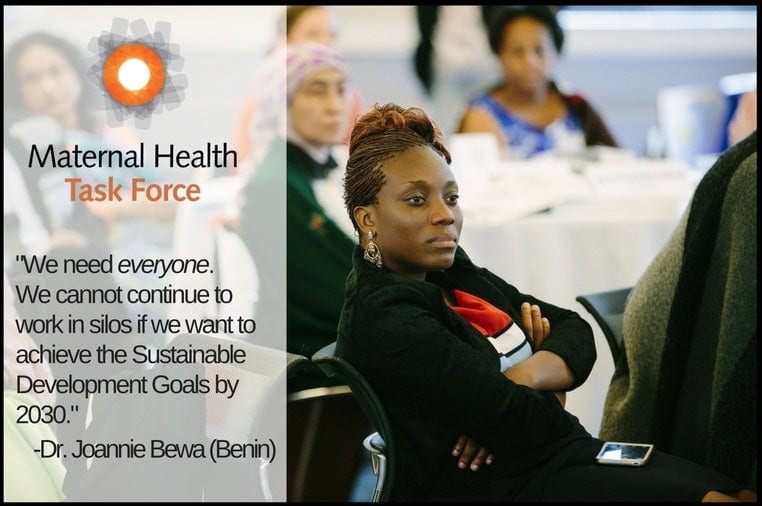
-
Celebrating World Breastfeeding Week: The Role of Breastfeeding in Achieving the SDGs
During this year’s World Breastfeeding Week, we reflect on the crucial role of breastfeeding in pursuing the Sustainable Development Goals (SDGs)…read more
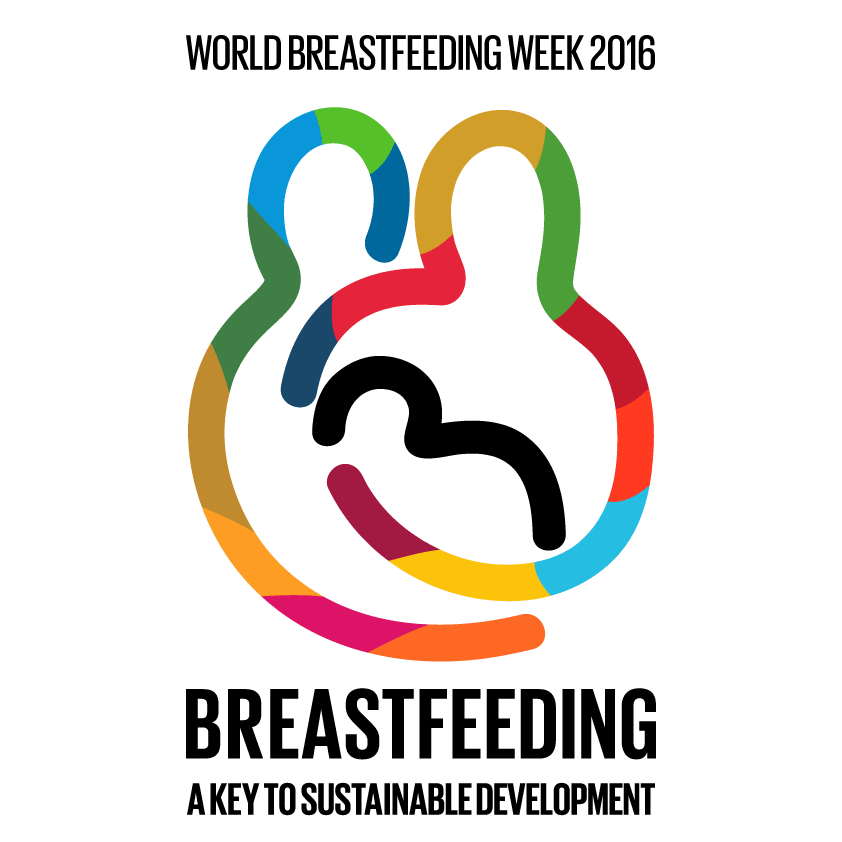
-
The Evidence for Breastfeeding and Thermal Care: Key Elements of Essential Newborn Care
Breastfeeding and thermal care are particularly potent determinants of newborn survival, yet both have received disproportionately little program attention. Save the Children’s Saving Newborn Lives program has published a pair of evidence briefs on early initiation of breastfeeding and thermal care of newborns, which present the epidemiologic argument for increased prioritization of these issues. The briefs address two key elements of “essential newborn care” – important routine care practices that should be provided to all babies regardless of whether they are born at home or in a facility…read more
